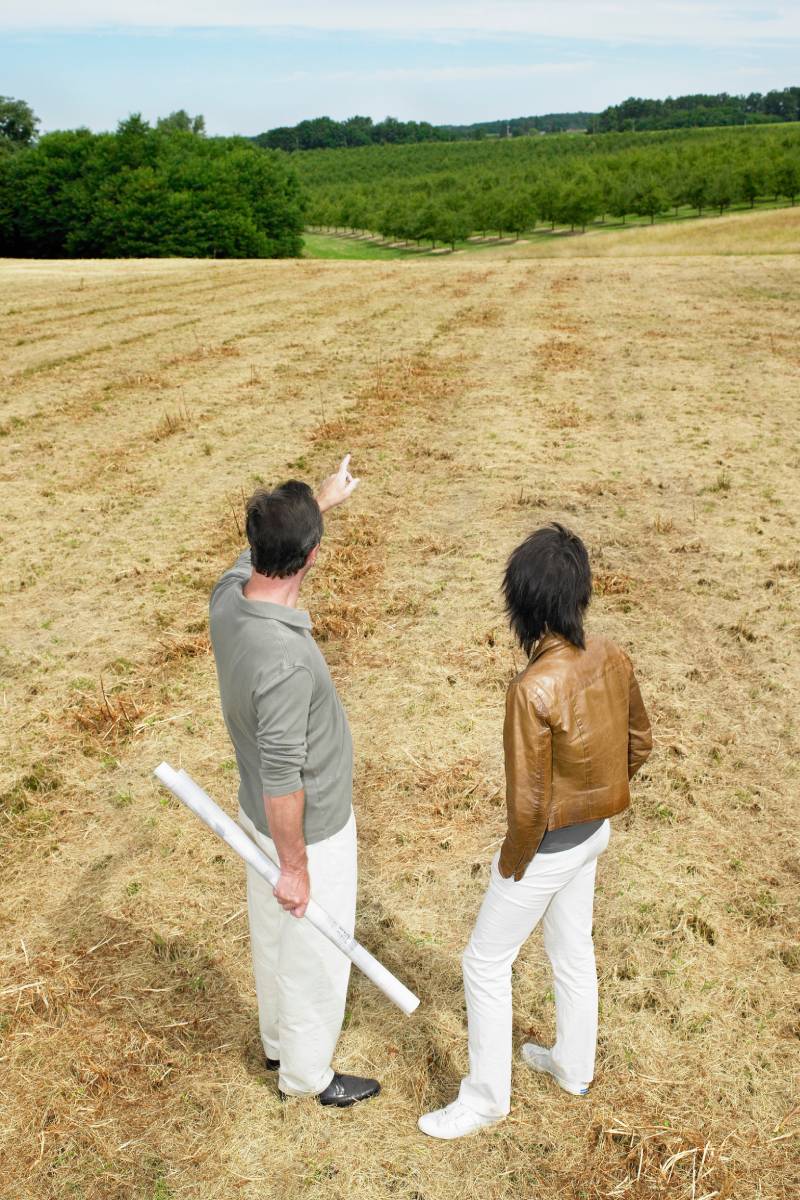Does adverse possession apply in Australia?
Adverse possession, often referred to as squatter’s rights, is a legal doctrine that exists in Australia, albeit with variations in its application across different states and territories. This principle allows individuals to claim ownership of land they have openly, continuously, and exclusively possessed for a specified statutory period, typically ranging from 10 to 30 years, depending on the jurisdiction. Here are a few examples we would like to introduce just in case you’re not familiar with this law.
In New South Wales (NSW), adverse possession is governed by the Limitation Act 1969. According to this legislation, an individual may acquire title to land through adverse possession if they have occupied it for a continuous period of at least 12 years. However, certain conditions must be met for adverse possession to be established. The possession must be adverse, meaning it is without the permission of the true owner and with the intention to possess the land as one’s own. Additionally, the possession must be exclusive, continuous, and open, meaning it is obvious and not concealed. If these criteria are satisfied, the adverse possessor can apply to the NSW Land and Environment Court for a declaration of title.

In the Northern Territory (NT), adverse possession is regulated by the Limitation Act 1981. Similar to NSW, adverse possession can be claimed after 15 years of continuous possession under certain conditions. The possession must be adverse, exclusive, continuous, and notorious, meaning it is apparent to anyone who might investigate the property. Once the statutory period has elapsed, the adverse possessor can apply to the Supreme Court of the Northern Territory for a declaration of title.
In Western Australia (WA), adverse possession is governed by the Limitation Act 2005. Here, the statutory period for adverse possession is 12 years. As in other jurisdictions, the possession must be adverse, exclusive, continuous, and open. However, WA has an additional requirement known as “colour of title.” This means that the adverse possessor must have some form of defective title, such as an incorrect deed or survey, which led them to believe they were the rightful owner of the land. If these conditions are met, the adverse possessor can apply to the Supreme Court of Western Australia for a declaration of title.
The statutory period
The limitation period for the land varies among the states:
| State/Territory |
Required length of time for the land |
Limitation periods for the Crown |
|
NSW
|
12 years
|
30 years
|
|
Queensland
|
12 years
|
—
|
|
Tasmania
|
12 years
|
30 years
|
|
Victoria
|
15 years
|
—
|
|
Western Australia
|
12 years
|
—
|
|
South Australia
|
15 years
|
60 years
|
|
ACT
|
—
|
—
|
|
Northern Territory
|
—
|
—
|
Source
It’s important to note that while adverse possession laws exist in these jurisdictions, they are not commonly invoked due to the stringent requirements and the complexities involved in proving adverse possession. Furthermore, adverse possession claims can be contested by the true owner of the land, leading to lengthy legal proceedings. As such, individuals considering adverse possession should seek legal advice to understand the intricacies of the law and the likelihood of success in their particular circumstances.

What are the requirements for claiming adverse possession?
Adverse possession, a legal doctrine allowing individuals to claim ownership of land they’ve openly and exclusively possessed for a specified period, encompasses several key requirements. These criteria, while subject to variation across jurisdictions, collectively establish the basis for a successful adverse possession claim.
The period requirement stipulates that the adverse possessor must have continuously occupied the land for a statutory duration, typically spanning 12 years. This unbroken tenure serves as a foundational element, demonstrating the prolonged nature of the adverse possession.
Factual possession underscores the tangible control exerted by the adverse possessor over the property. This may entail physical acts such as cultivation, construction, or regular use, substantiating the adverse possessor’s active engagement with the land.
Open and peaceful possession further validates the adverse possession claim. Openness signifies that the adverse possessor’s occupation is overt and recognizable, dispelling any ambiguity regarding ownership. Peacefulness, meanwhile, denotes that the possession was attained without resorting to force or coercion, preserving the integrity of the legal process.
Possession without consent reinforces the adversarial nature of the occupation. By occupying the land without the express authorization of the legal owner, the adverse possessor establishes their independent claim to ownership.
The element of intention to possess, or animus possidendi, elucidates the adverse possessor’s state of mind regarding the land’s ownership. It necessitates a deliberate intent to possess the property as one’s own, excluding others, including the legal owner, from rightful access or control.
Compliance with these requirements forms the crux of an adverse possession claim, serving to validate the adverse possessor’s entitlement to ownership rights. However, navigating the intricacies of these criteria demands meticulous attention to detail and adherence to relevant legal standards.
Seeking legal counsel is paramount for individuals considering an adverse possession claim, as expert guidance can provide clarity on jurisdiction-specific nuances and optimize the prospects of a successful outcome. Through comprehensive understanding and strategic execution, adverse possessors can navigate the complexities of land ownership law and assert their rightful claims to property acquired through adverse possession.
Is this law ethical?
Now you might wonder, is this law ethical? Is it something people should do? We’d like to inform you that, in the eyes of legal authority, yes it is.
Some argue that adverse possession serves as a means of rectifying inefficiencies in land ownership, promoting productive use of underutilized or abandoned land. Others contend that it can lead to unjust outcomes, particularly if the true owner is unaware of or unable to contest the adverse possession claim. Like same-sex marriage, it’s 2024 now and the law needs to be changed.
Proponents of adverse possession often highlight its potential benefits, such as incentivizing landowners to actively manage and maintain their properties to prevent adverse possession claims. They argue that it can facilitate the redistribution of land resources, especially in cases where land remains idle or neglected for extended periods. Additionally, adverse possession may provide a legal mechanism for resolving boundary disputes and clarifying ownership rights over time.
However, critics raise ethical concerns regarding adverse possession, particularly regarding its potential to infringe on the property rights of rightful owners. They argue that it can lead to situations where individuals unfairly exploit legal loopholes to acquire valuable land at the expense of others. Moreover, adverse possession may disproportionately affect marginalized communities or vulnerable landowners who lack the resources or legal knowledge to defend their property rights effectively.
Furthermore, adverse possession can raise questions about justice and fairness, particularly when considering cases where the adverse possessor knowingly trespasses on another’s land or exploits technicalities in the law to gain ownership. Such scenarios may undermine the principles of equity and respect for property rights, which are fundamental to a just society.
Ultimately, the ethical implications of adverse possession depend on various factors, including the specific circumstances of each case, cultural norms, and societal values. While some may view adverse possession as a necessary legal doctrine that promotes efficiency and equitable land use, others may perceive it as ethically problematic, particularly when it results in unjust outcomes or undermines the rights of property owners.
As with many legal principles, the ethical considerations surrounding adverse possession are complex and multifaceted, highlighting the importance of thoughtful reflection and careful consideration of competing interests in shaping legal frameworks and policy decisions.








